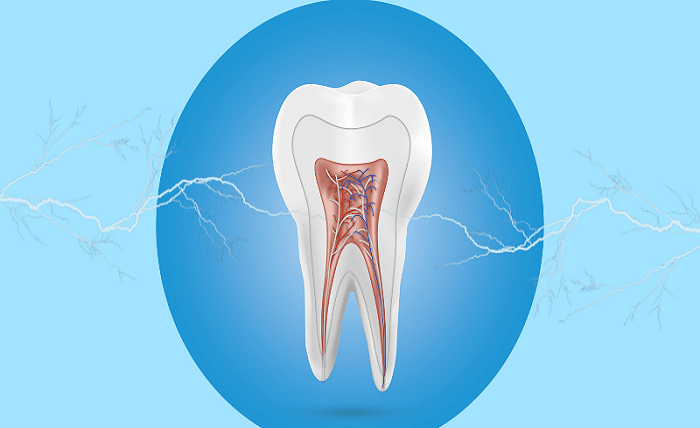Tooth Sensitivity Solutions: How Dentists Address Painful Teeth

Tooth sensitivity is a common dental issue, and Penrith is no exception. Residents of this beautiful town often experience sensitivity due to various factors, including gum recession, enamel erosion, and dietary habits. The climate in Penrith, which can range from hot summers to chilly winters, can also contribute to tooth sensitivity as people consume hot and cold foods and beverages year-round. If you’re one of the many individuals who experience this discomfort, you’re not alone, and there are solutions available. This article explores the causes of tooth sensitivity and how a Penrith dentist can help address this common problem.
Understanding Tooth Sensitivity
Tooth sensitivity ensues when the shielding enamel on your teeth becomes compromised, exposing the underlying dentin. Dentin includes tiny tubules that link to the nerves in your teeth, making them sensitive to temperature and specific stimuli. When dentin is exposed, it can result in discomfort or pain when you consume hot, cold, sweet, or acidic substances.
Common Causes of Tooth Sensitivity
1. Gum Recession
Gum recession is a top cause of tooth sensitivity. When your gums recede, they expose the tooth roots, which lack the protective enamel found on the crown of the tooth. This makes the dentin more susceptible to external stimuli and can result in sensitivity.
2. Tooth Decay or Cavities
Tooth decay can also contribute to sensitivity. As cavities develop and erode tooth structure, they expose dentin and make the tooth more sensitive to temperature changes and pressure.
3. Tooth Grinding (Bruxism)
Buffing your teeth can wear down the enamel and lead to sensitivity. The constant grinding puts excessive pressure on your teeth, which can eventually cause enamel erosion.
4. Acidic Foods and Beverages
Consuming highly acidic foods & beverages, like citrus fruits and sodas, can erode enamel over time. This can result in sensitivity as the dentin becomes more exposed.
Solutions Provided by Dentists
If you’re suffering from tooth sensitivity, it’s crucial to consult a dentist who can assess the underlying causes and recommend appropriate solutions. Here are some common treatments and strategies employed by dentists to address tooth sensitivity:
1. Desensitising Toothpaste
Dentists often recommend desensitising toothpaste for mild to moderate cases of tooth sensitivity. These toothpaste formulations consist of compounds that assist in obstructing the transmission of pain signals from the tooth’s exterior to the nerve, providing relief over time with regular use.
2. Fluoride Treatment
Fluoride is a vital element for dental well-being. Dentists might apply fluoride varnish or gel to reinforce and remineralise the enamel, reducing sensitivity. In some cases, fluoride treatments can be incorporated into routine dental check-ups and cleanings.
3. Dental Bonding
For cases of tooth sensitivity caused by exposed dentin due to gum recession or enamel erosion, dental bonding is a standard solution. Dentists use a tooth-coloured resin to cover the exposed areas, reducing sensitivity and improving the tooth’s appearance.
4. Dental Crowns
When tooth decay or damage has resulted in significant enamel loss, dentists may recommend dental crowns. Crowns are individually tailored caps that encase the entire tooth, providing protection and reducing sensitivity while preserving the tooth’s function.
5. Gum Grafting
For gum recession-related sensitivity, gum grafting may be necessary. During this process, a periodontist or oral surgeon dismisses a small amount of tissue from the roof of your mouth or uses donor tissue to cover the exposed tooth roots, reducing sensitivity and preventing further gum recession.
6. In-Office Procedures
In some cases, dentists may perform in-office procedures, such as applying a sealant or performing a root canal, to address the underlying causes of tooth sensitivity.
Conclusion
Tooth sensitivity can be a painful and disruptive condition, but it can be effectively managed and treated by dental professionals. Don’t suffer in silence—consult with a Penrith dentist to determine the reason for your sensitivity and find the appropriate treatment to restore your oral comfort and overall dental health. Remember that early intervention and regular dental check-ups are vital to preventing and addressing tooth sensitivity successfully.



